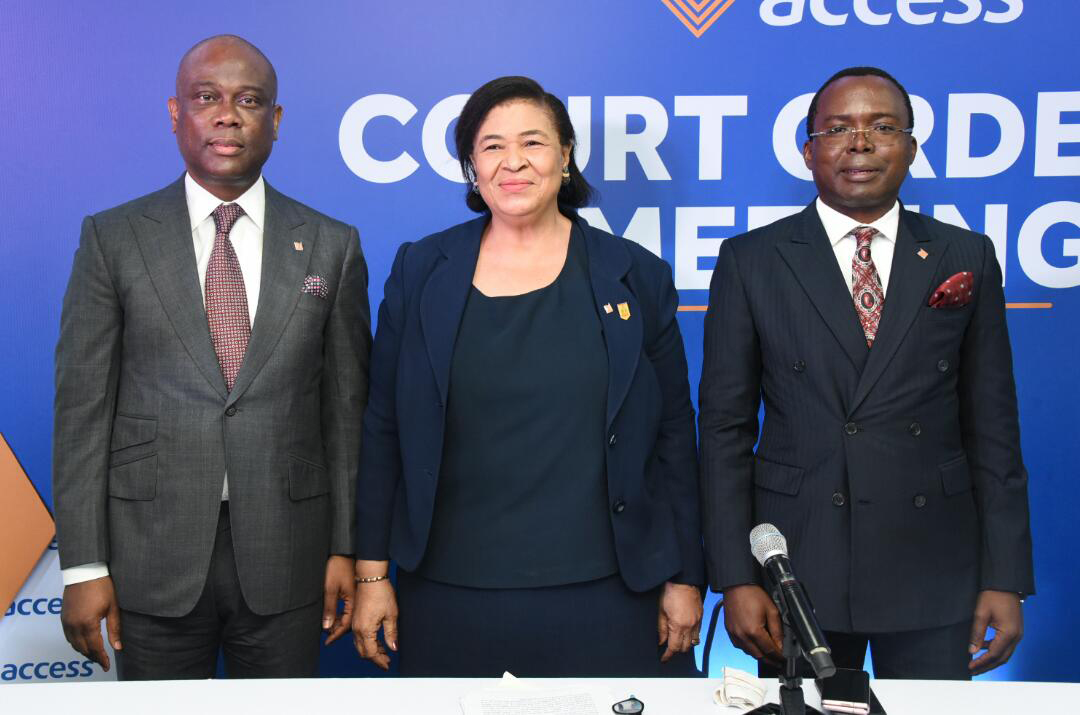Business
FG Grants Three-Year Tax Waivers To 16 Companies

The Federal Government has approved the application of 16 companies seeking pioneer status under the Industrial Development Income Tax Act between April and September 2021.
Analysis of the Nigeria Investment Promotion Commission’s (NIPC) Pioneer Status Incentive report for the second quarter showed that the government granted PSI for a three-year period to eight firms, seven got approval in principle, and none had their request denied.
The report also revealed that 31 firms were benefitting from the tax incentive scheme, while the requests of 160 companies were still pending.
The Federal Government granted three-year tax waivers in Q3 to eight firms that invested N328.5bn into the economy.
The NIPC also revealed that the government granted approval in principle to 16 firms, two were not given PSI, while 168 applications were pending.
The number of firms benefiting from the tax waivers increased to 35 in Q3.
The six firms that were granted a tax holiday between April and June are Premium Aquaculture Limited, Tosett Agro Industries Limited, Aurebles Ventures Limited, Wintess Garden, De Santiago Milan Hotel & Suite Limited, Metsa Wood Services Limited, Tiloc Nigeria Limited and Tranos Constructing Limited.
As of June 30, this year, these firms had invested N12.8bn into the Nigerian economy.
The activities they are engaged in include fish farming, edible oil processing, gas manufacturing, hotel development, furniture construction and electrical fuses, electrical sockets, and electrical casement..
The firms that were granted PSI in Q3 were Belanova Apartment and Suites Limited, located in Abuja; Al-Wabel Rice Mill Limited, situated in Kano; JMG Nigeria Limited, an electric generators, power control and distribution firm in Lagos, and Jigawa Rice Limited.
Others were DCP Cement Plc, a Kogi-based firm specialising in cement manufacturing; Locodove Ventures Limited, Lagos, specialized in office building; Resource Improvement and Manufacturing Company Limited, an edible oil processing firm situated in Anambra, and Okpella Cement Plc, a cement manufacturing firm operating in Edo.
Oolu Energy Nigeria Limited and Kelina Medical Limited were the two companies whose applications were declined in Q3.
The NIPC revealed that the firms were denied tax exemptions for reasons ranging from absence of business activity on the PSI list to ineligibility of the business under the Industrial Development Income Tax Relief Act.
The pioneer status is an incentive offered by the Federal Government, which exempts companies from paying income tax for a certain period. This tax exemption can be full or partial.
The incentive is generally regarded as an industrial measure aimed at stimulating investments into the economy.
The products or industries eligible for this pioneer status are those that do not already exist in the country.
Business
Customs Seek Support To Curb Smuggling In Ogun

Business
IFAD: Nigeria Leads Global Push For Youth, Women Investment In Agriculture
Business
Expert Tasks FG On Food Imports To Protect Farmers

-

 Politics3 days ago
Politics3 days agoAPC Releases Adjusted Timetable For Nationwide Congresses, Convention
-

 Business2 days ago
Business2 days agoCustoms Seek Support To Curb Smuggling In Ogun
-
Sports2 days ago
DG NIS Wants NSC Board Constituted, Seeks Increased In Funding
-

 Sports2 days ago
Sports2 days agoSWAN Rivers Set-up Five Functional Committees
-
News2 days ago
Police Bust Kidnapping Syndicate In PH
-
Sports2 days ago
NSC Disburses N200m Training Grants To 26 Athletes
-

 Featured2 days ago
Featured2 days agoINEC Proposes N873.78bn For 2027 Elections, N171bn For 2026 Operations
-
Sports2 days ago
‘NTF Will Build On Davis Cup Success For Brighter Future’

